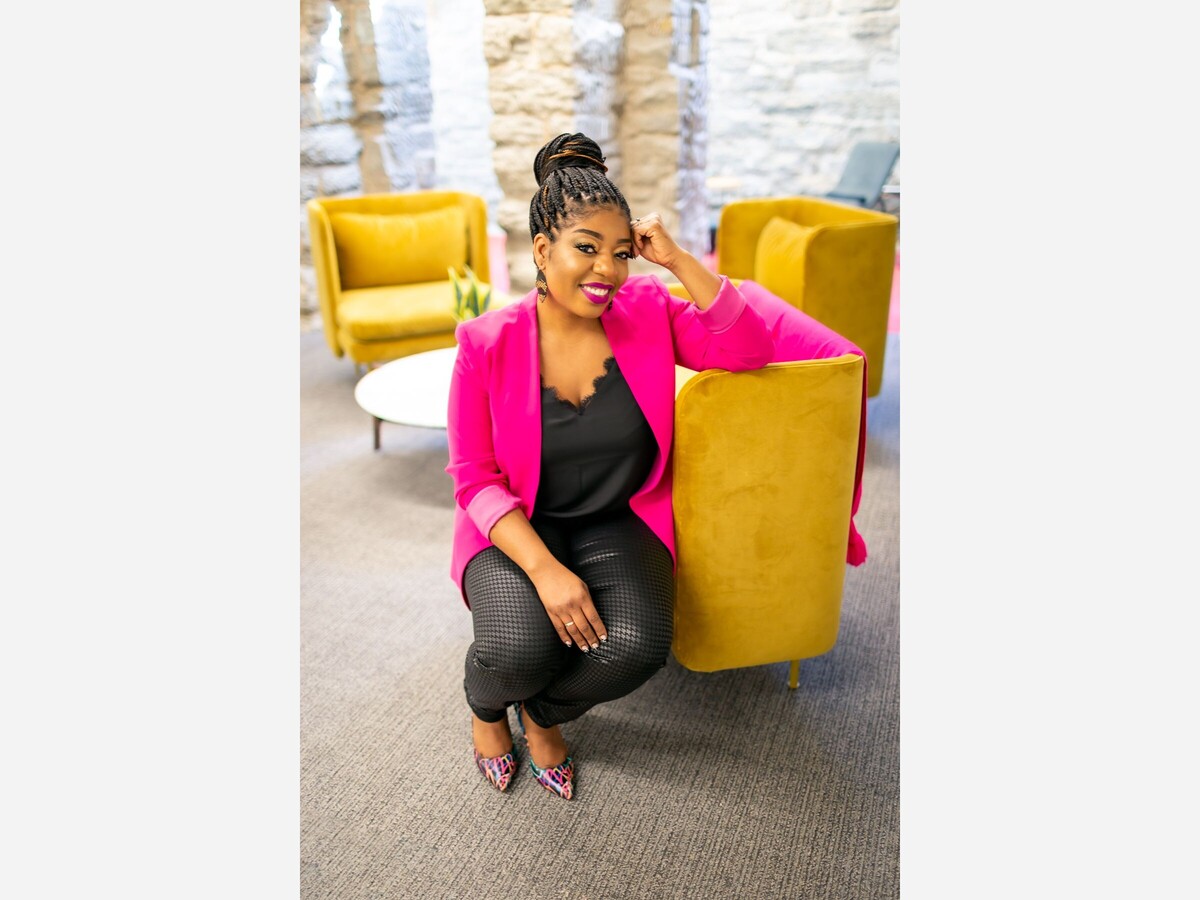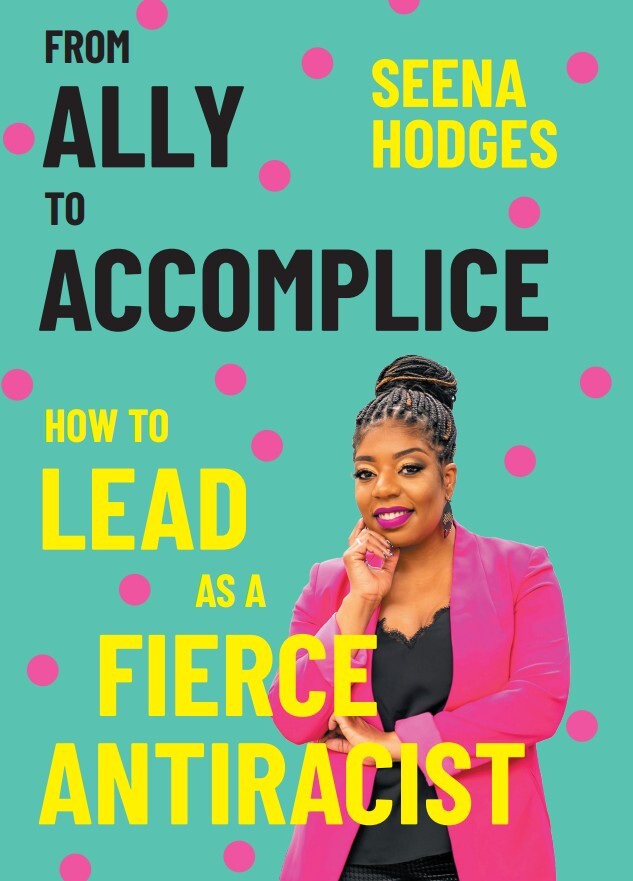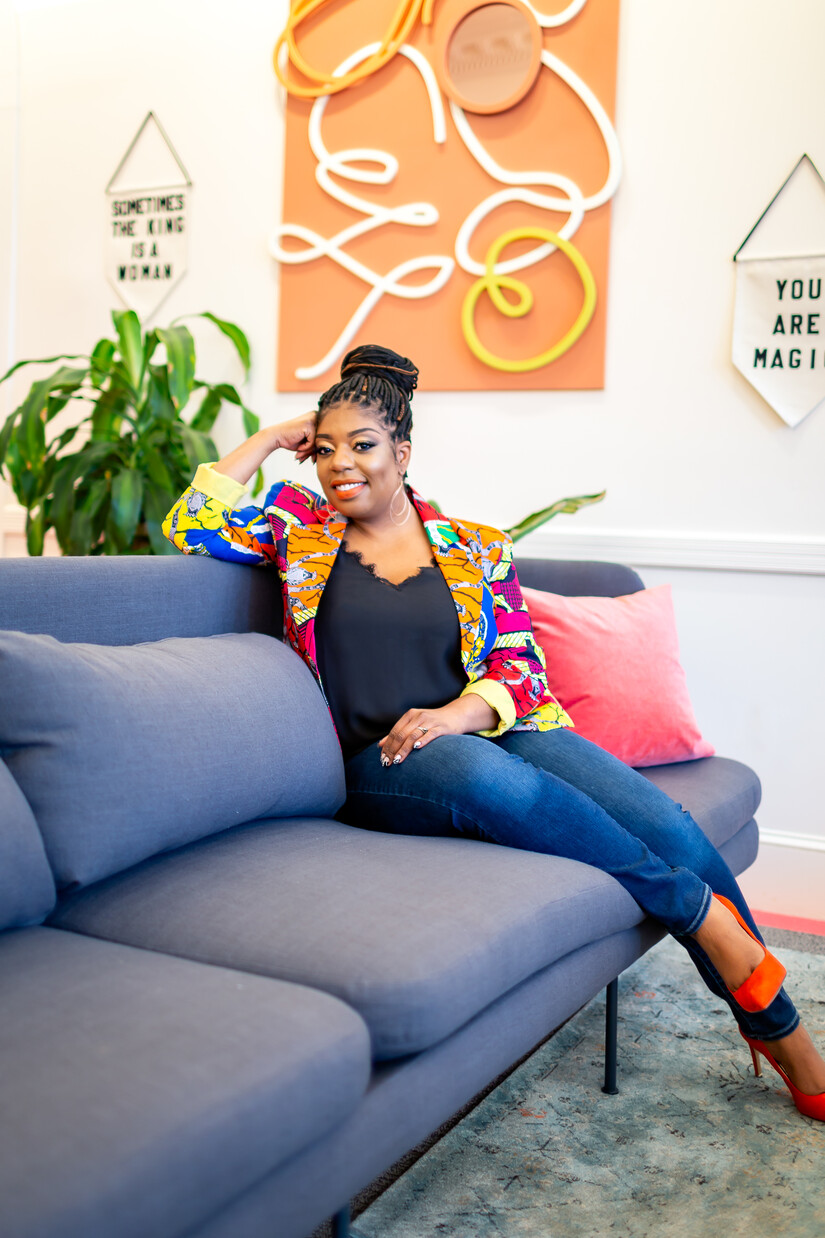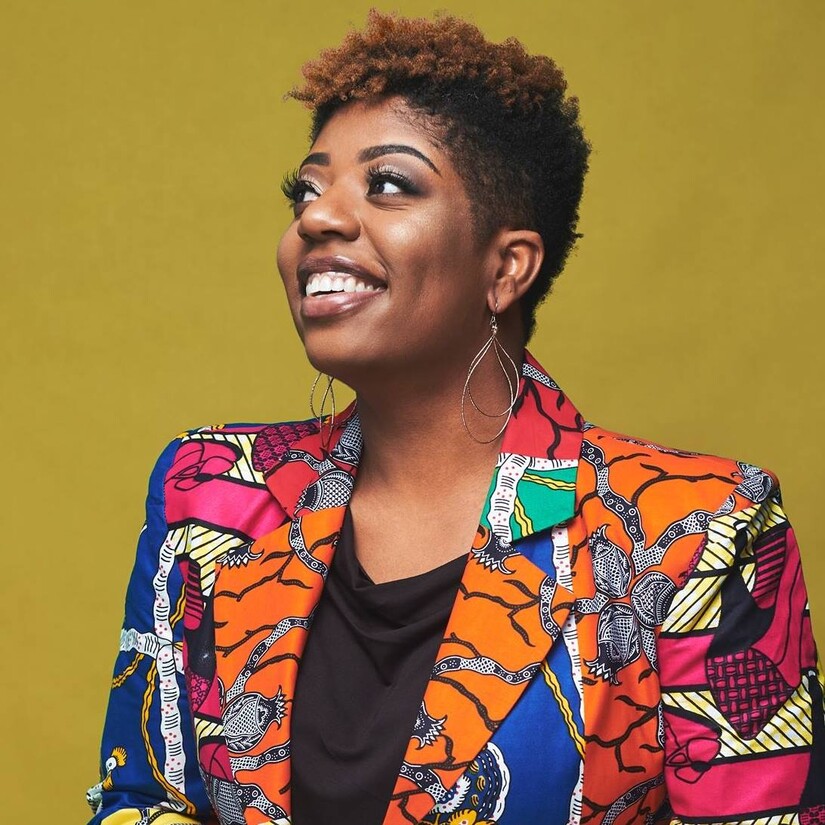Image


As Minnesota and the nation confront the cascading effects of a federal shutdown—economic uncertainty, strained public services, anxious households, and a workplace landscape under pressure—many leaders are asking the same question: How do we maintain trust, morale, and belonging during instability?
For insight, MinneapoliMedia spoke with Seena Hodges, award-winning leadership coach, founder of The Woke Coach®, and author of the new audiobook From Ally to Accomplice. Hodges, known for her clarity, candor, and unapologetically human approach to leadership, joined MinneapoliMedia’s Tom Akaolisa for a wide-ranging conversation on courage, disruption, equity, burnout, and why every leader needs a care plan.
What follows is an edited and refined version of that discussion.

Tom Akaolisa: Thank you so much for being here today, Seena. How are you holding up? The past few weeks have felt emotionally heavy for a lot of people.
Seena Hodges: I’m good—and I’m also grieving. Personally, with my family and friends, I feel grounded and joyful. But I think many of us are carrying a collective sadness about the world we’re living in. Those truths coexist. They’re both real.
Tom Akaolisa: Minnesota, like much of the nation, is facing serious unease right now. Workers are anxious, businesses are uncertain, and leaders are trying to maintain morale amid the shutdown. From your perspective, how does prolonged instability affect workplace culture?
Seena Hodges: When we talk about workplace culture, we have to acknowledge that people rarely come to work as their full selves. They send a “representative”—the version of themselves who smiles, gets the work done, and doesn’t make waves.
But over the last five to seven years, we’ve been trying to build more inclusive workplaces—places where people don’t have to fragment themselves to survive. When instability hits, people bring that instability to work because everything in their lives is interconnected.
If your SNAP benefits are disrupted and your child’s Head Start program is impacted, that affects your mental and emotional bandwidth. If TSA staffing drops and you’re traveling for work, that affects your time and stress levels. We are working during a period of profound disruption. And disruption at home inevitably disrupts how people show up professionally.

Tom Akaolisa: You’ve often said leadership is not about titles—it’s about courage. What does courageous leadership look like when difficult decisions, budget cuts, or workforce changes are on the table?
Seena Hodges: Courageous leadership looks like transparency.
People have tremendous grace for leaders when they know what’s actually going on. Think about Chadwick Boseman. Before people knew about his cancer, the public commented on his appearance without understanding his truth. Once the truth came out, folks saw him with compassion.
I’m not saying leaders owe the world their personal stories. But when leaders tell the truth about what’s happening in the workplace, people aren’t blindsided. Transparency reduces rumor mills and builds trust.
Another part of courageous leadership is being able to say “I don’t know.” Those might be the most powerful words in leadership. Leaders who understand their limits—and know when to bring others in—are leaders people trust.
At its core, courageous leadership is selfless leadership.
Tom Akaolisa: Your new audiobook focuses on moving from ally to accomplice. Given today’s economic stress, polarization, and social fatigue, how can leaders and workers practice that shift?
Seena Hodges: People sometimes think “accomplice” means something huge—like scaling a mountain. But it’s really about small daily behaviors.
It’s noticing your power. It’s sharing your privilege. It’s taking meaningful risk.
For example, if someone makes a racist or sexist comment in a meeting, you address it in the moment. If you wait and comfort the person privately afterward, you’ve allowed them to experience the harm twice—once when it happened and again when you stayed silent.
Accomplices intervene. They act where they have expertise or passion. If education is your lane, be an accomplice in that lane. Every issue intersects with others anyway.
Tom Akaolisa: Many Minnesotans are worried about job security. What can organizations do to preserve psychological safety and connection?
Seena Hodges: Again—transparency. People can plan when they have context. Even if the context is “We don’t know yet.”
We also need to help people separate their needs from their wants. There’s so much anxiety right now that clarity is grounding.
Above all, we must communicate clearly without gaslighting one another. People deserve honesty. They deserve dignity.
Tom Akaolisa: Some companies are quietly scaling back DEI efforts due to financial pressures. What’s lost when that happens?
Seena Hodges: You lose trust—and customers notice.
Pulling back on DEI isn’t neutral. It reverberates through communities you promised to support. And when customers feel abandoned, they spend their dollars elsewhere. That creates its own financial crisis.
DEI can’t be a seasonal project. It must be integral to your business strategy. Look at the country—we are becoming browner by the second. If you want diverse customers, you need diverse teams at every level, not just entry-level positions.
Long term, companies that stay committed to equity—regardless of public pressure—are the ones succeeding right now.
Tom Akaolisa: You coach leaders to anchor teams in empathy and accountability. What practices help organizations stay connected and purpose-driven during national tension?
Seena Hodges: Simple things matter.
Start meetings with human check-ins. And I don’t mean, “How’s the project going?” I mean: “How are YOU—capital Y-O-U?”
The most powerful leadership question right now is: “How can I support you?”
Work-related, personal—whatever the answer is, you honor it.
Organizations should also examine their benefits. Are you offering mental health access? Flexibility? Pet bereavement leave? The little things tell employees whether they are seen.
Don’t say “We’re like family.” Family can be messy. Instead:
We are people who care about one another and want the best for each other.

Tom Akaolisa: Your background in theater and communications comes through in the way you talk about leadership. How can storytelling bridge gaps in times of fear or misinformation?
Seena Hodges: Storytelling is our most powerful tool.
I always tell people: speak from your own lived experience—don’t generalize about someone else’s. “Well, I heard they do this…” is a disaster waiting to happen.
We need to make space for people’s stories, from CEOs all the way to receptionists. Everyone has a narrative that shapes how they show up in the workplace. And when people share those stories, we must believe them. No one has time to fabricate pain in 2025.
Transparency about growth paths matters, too. Not every role has upward mobility. Say that. Set the expectations together. Honesty builds stability.
Tom Akaolisa: Leaders today are carrying both operational and emotional weight. How do you advise them to lead compassionately without burning out?
Seena Hodges: Every leader I coach must have a care plan.
What is the thing you do just for you?
It could be the gym, massages, quiet time, car rides with your family, Netflix—whatever centers you. But you have to protect that time relentlessly.
And track how you spend your time. You might discover you’re losing two hours a day to Instagram. That’s two hours you could reclaim for rest.
You cannot pour from an empty vessel. If you’re empty, nothing works.
Tom Akaolisa: The shutdown reminds us that systems—not just individuals—shape opportunity. How do you see workplace equity as part of our broader civic responsibility?
Seena Hodges: We’re not just leaders or employees—we are community members. Whatever impacts our community impacts our workplace.
Someone living in Apple Valley may not personally know George Floyd, but his murder changed the entire community. Similarly, the SNAP benefits crisis isn’t just “out there”—some of your colleagues are experiencing it.
When one of us is affected, all of us are affected. Our responsibility is to care for ourselves and for others.
If there is something you can do to make it easier for someone else—and you have the power or privilege to do it—then that is your responsibility.
As the session wrapped, Hodges offered one final reflection—one that felt like both a challenge and an invitation:
“This moment requires us to lead with honesty and to remember our shared humanity. If we can do that—even imperfectly—we will get through this together.”